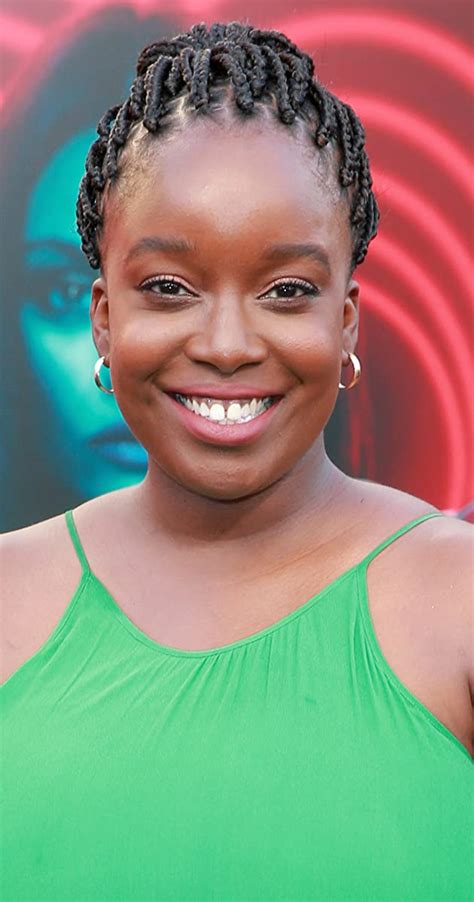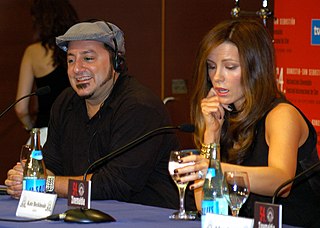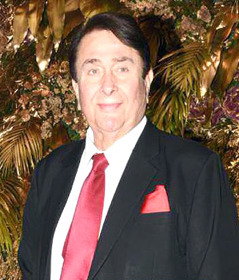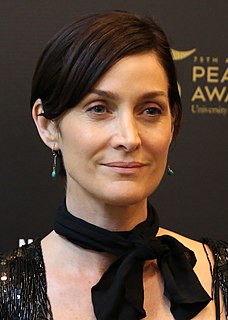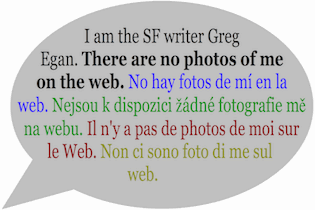A Quote by Neil deGrasse Tyson
I don't ever tell people what to do! Even if it seems and feels that way sometimes, I don't think I should tell a person how to spend their money. I try not to tell people what to read.
Related Quotes
I think you reveal yourself by what you choose to photograph, but I prefer photographs that tell more about the subject. There's nothing much interesting to tell about me; what's interesting is the person I'm photographing, and that's what I try to show. [...] I think each photographer has a point of view and a way of looking at the world... that has to do with your subject matter and how you choose to present it. What's interesting is letting people tell you about themselves in the picture.
Ours was the first revolution in the history of mankind that truly reversed the course of government, and with three little words: 'We the people.' 'We the people' tell the government what to do, it doesn't tell us. 'We the people' are the driver, the government is the car. And we decide where it should go, and by what route, and how fast. Almost all the world's constitutions are documents in which governments tell the people what their privileges are. Our Constitution is a document in which 'We the people' tell the government what it is allowed to do. 'We the people' are free.
I gravitate to stories that I feel I can tell well, and that will have a positive affect on the viewer. That doesn't mean it always has to have a happy ending, but I always like to try to tell a story that will make people think in a new way or come to their own constructive resolution on a particular topic. Or simply, just to experience something collectively and say: "Yeah, I know how that feels".
Having read my share of tell-alls over the year, including some that were passed off as autobiographies, I mostly feel sad - sometimes for the writer and sometimes for all the people in his way. I hope that the process of writing the tell-all gives some release and closure on what clearly was an unpleasant and unfulfilling life experience.






